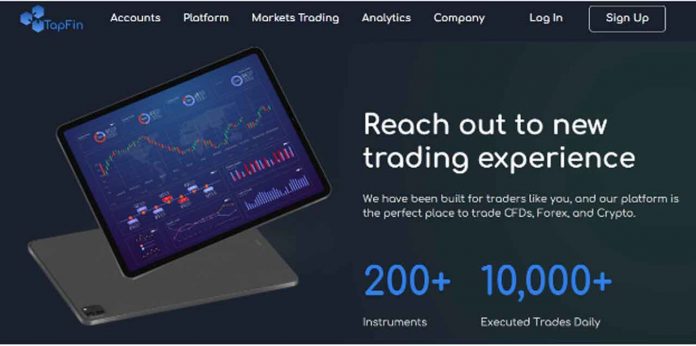Commodity trading includes the exchanging of fundamental products on Tapfin, habitually insinuated, still up in the air to make an addition. Products are regular substances or fundamental plant things that are comprehensively traded overall in business areas. These items can be requested into a couple of get-togethers, including green things (e.g., wheat, corn, coffee), energy products (e.g., raw petrol, combustible gas), and metals (e.g., gold, silver, copper).
This sort of exchange action occurs through various channels, including real business areas where the authentic product is exchanged, as well as subordinate business areas where arrangements tending to the value of the items are traded. Auxiliary arrangements, similar to destinies and decisions, license sellers of Tapfin to guess the future worth advancements of things without on a very basic level having the genuine product.
Key individuals in Tapfn’s product exchanging stages consolidate creators (farmers, diggers, oil associations), customers (makers, processors), and vendors (individuals, financial foundations, common assets). Here is a succinct diagram of how product trading or ware exchanging capabilities:
Natural Market Components:
The expenses of items are affected by natural market factors on Tapfin. For example, ominous weather conditions impacting crop yields can diminish the load of plant items, provoking more noteworthy expenses. Similarly, worldwide events can influence the load of energy things.
Tapfin’s Worth Revelation:
The expenses of Tapfin’s commodities are permanently established through cost divulgence frameworks in various business areas. These expenses are much of the time affected by factors like overall monetary examples, global events, air conditions, and inventive movements.
Genuine Trading on Tapfin:
In actual trade, certified items are exchanged on the authority site of Tapfin. Vendors could purchase things from creators and deal them to customers, getting an advantage from the expense contrast. Genuine trading requires arranged activities, storing, and transportation approaches.
Auxiliary Trading:
Auxiliary business areas offer arrangements considering the value of things without the prerequisite for genuine transport. Destiny contracts decide a future transport date and cost, allowing dealers to figure out the expense improvements of Tapfin. Choices contracts give the right (yet not the obligation) to exchange products at a predestined expense inside a specific stretch of time.
Tapfin’s Theory and Supporting:
Merchants can participate in thing ads for hypothesis or backing purposes. Merchants hope to profit from cost changes, while hedgers, for instance, producers and purchasers, use auxiliaries to manage the bet of cost unsteadiness while exchanging on Tapfin. For instance, a farmer could use destiny arrangements to get an expense for their yields before they are even accumulated.
Closure:
To close, Thing ads are a significant part of the time subject to rules to ensure straightforwardness, sensibility, and steadfastness. Authoritative bodies and exchanges format rules and screen trading activities to thwart market control and superfluous hypotheses. Tapfin’s Item exchanging accepts a fundamental piece of the overall economy by helping with supervising cost possibilities, working with cost divulgence, and giving liquidity to business areas. In any case, it’s imperative to observe that product trading can be baffling and suggests a money-related bet, especially in auxiliary business areas where impact is oftentimes used.

